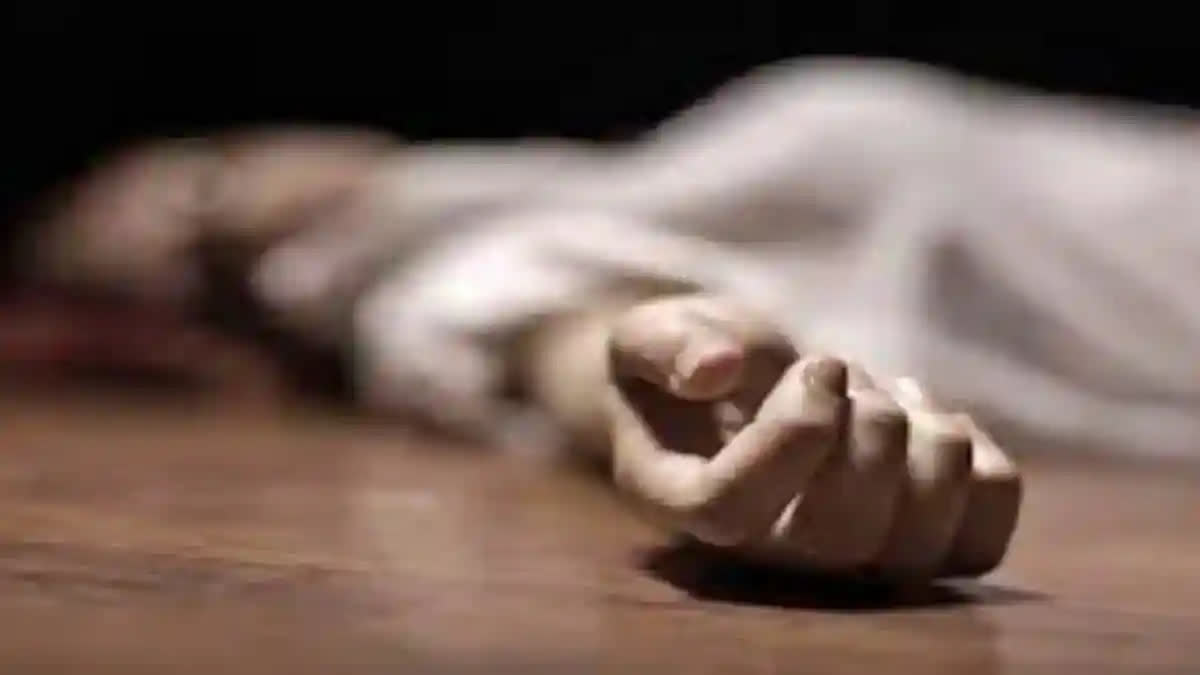London: A review of the unduly lenient sentence imposed on a 32-year-old man guilty of the killing of British Indian teenage medical student Grace O'Malley Kumar and two others in Nottingham last year, concluded on Monday with a recommendation for the government to consider re-categorising homicide.
In its independent review, His Majesty's Crown Prosecution Service Inspectorate (HMCPSI) said the CPS had complied with the law and met their obligations to the families. But the case also highlighted areas where the families could have been better supported during an incredibly difficult process.
This was a horrific and tragic case. Valdo Calocane brutally killed three innocent people, and violently attacked three other victims. My thoughts remain with all those involved in this tragic case during this devastating time, said Chief Inspector Anthony Rogers.
It is unimaginable having to deal with the death of a loved one under such horrific circumstances, but having to deal with the criminal justice system at a time of heartbreak and grief adds a further dimension of challenge. To better support victims and increase public trust, we call on the government to consider amending the homicide law, review the support provided to victims of crime in serious cases such as this, and provide greater clarity about the role of victims in the criminal justice system, he said.
Kumar, 19, was a medical student who was returning to her university with friend Barnaby Webber, also 19, when accosted by Calocane, who then went on to murder school caretaker Ian Coates nearby. Calocane was sentenced on January 25 to a Hospital Order with a Restriction Order under Sections 37 and 41 of the UK Mental Health Act 1983.
The Attorney General's office said the case received numerous Unduly Lenient Sentence referrals from the public on the day of sentencing itself, which led to the government's Law Officers reviewing the sentence that Calocane was convicted on, which was manslaughter by diminished responsibility and attempted murder offences.
On January 30, Attorney General Victoria Prentis asked HMCPSI to carry out a rapid and independent inspection of the actions carried out by the Crown Prosecution Service (CPS) in the Calocane case following concerns raised by the victims' families.
The inspection found that the CPS made the correct decision to charge Calocane with three offences of murder and three offences of attempted murder in relation to the events of June 13, 2023. The CPS also made the correct decision to accept Calocane's pleas of guilty to manslaughter by reason of diminished responsibility and attempted murder for the three surviving victims.
While inspectors found the CPS met their obligations to the victims' families under the Bereaved Family Scheme and the Victims' Code of Practice, there were elements where the CPS could have "improved their engagement with the victims' families". The inspection noted that the families felt unsupported and secondary to the whole process and HMCPSI has recommended that greater clarity is needed.
It also recommended that the government consider whether homicide should be categorised into three tiers first degree murder, second degree murder in cases of diminished responsibility, and manslaughter. Under such a system, recommended by the Law Commission in 2006, the unlawful killings in this case would have been categorised as murder, albeit second degree murder, rather than manslaughter.
In response, Stephen Parkinson, director of Public Prosecutions, said: "In tragic and complex circumstances such as these, the CPS has difficult decisions to make, but must always act with independence and professionalism.
"I believe that our team did so in this case, and with considerable dedication and commitment. I am grateful to the Inspectorate for the care and thoroughness with which they have reviewed our actions. We will carefully consider the report's findings." Other investigations into the actions of the police and mental health staff in relation to the case remain ongoing.



